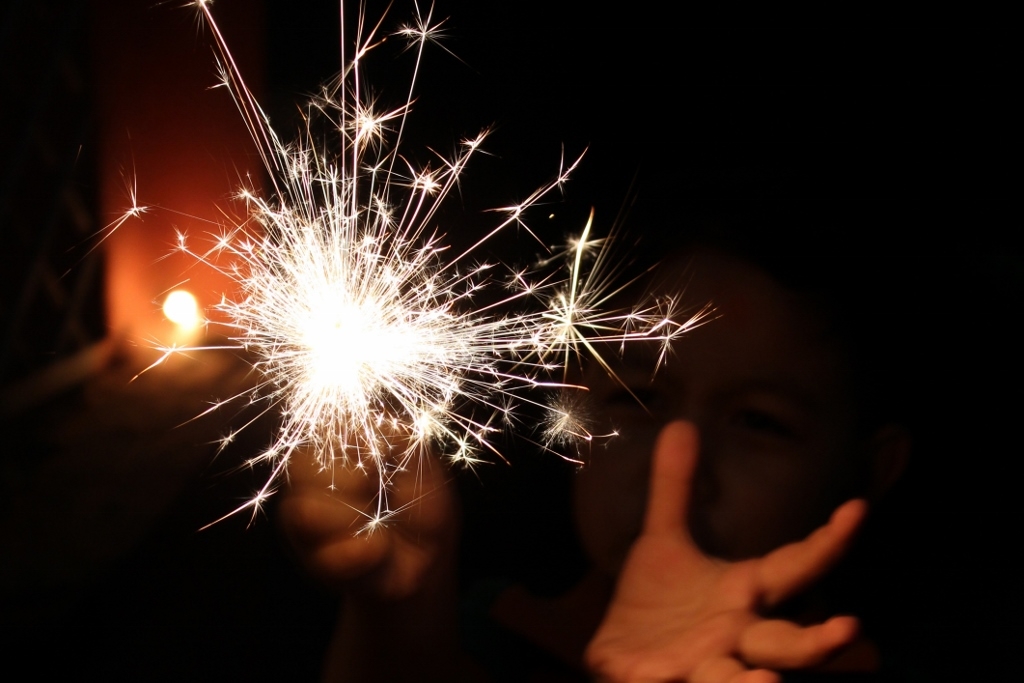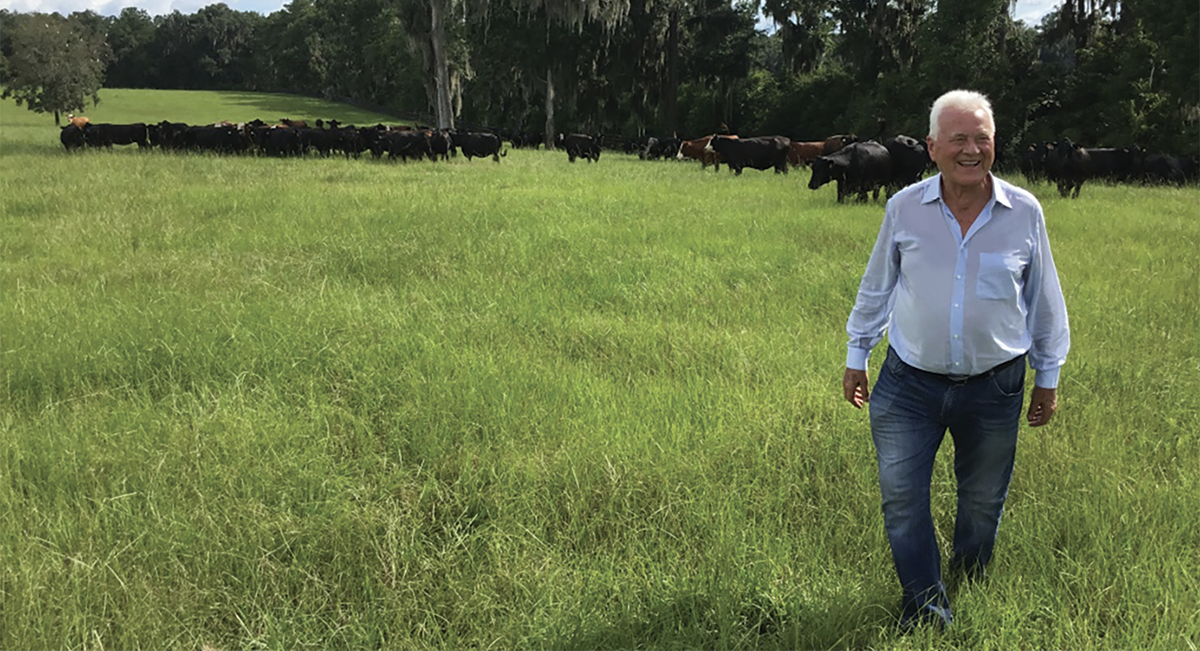
The Other Side of Reason – Out of the darkness
Involved in a bus accident that took the lives of six people, David Gibson has been battling through PTSD for over three years. In an effort to better understand himself and to communicate with others, he turned to writing. His first book was The Other Side of Reason: A Journal on PTSD. This column continues that text.
[Out of the darkness]
Receding into the past.
Sinking lower into the abyss.
Time hangs quietly in the air.
It blinks and forgives.
Waves, crash against my mind, revolving my thoughts and changing time.
It`s dark now and I`m very tired. Time is nothing.
Emerging out of the darkness.
Lift me with morning’s untamed requiem
____________________________
Two truths approach each other. One comes from inside, the other from outside, and where they meet we have a chance to catch sight of ourselves. (From “Preludes”)
To me, the grounds for hope are simply that we don’t know what will happen next, and that the unlikely and the unimaginable transpire quite regularly in our lives.
There’s a kind of helplessness when you are coming out from the other side of a traumatic experience. On one hand there is this sense of being pulled along by something irresistible and invisible. On the other, there are also moments of bitter self-commentary, a sense of being wounded and a kind of motionlessness that is indistinguishable from terrifying speed.
Your existence becomes this sense that there is an impending sudden arrival of what was already there, like when a whale comes up for air: massive, nerve-wracking, and evanescent.
In Post-Traumatic Stress Disorder (PTSD), these ‘senses’ play out over and over again leaving you unsure, afraid, numb, angry, and anxious. Whatever resiliency you had in the past feels like it has abandon you in the present.
The process of re-emerging into life can be challenging. When you have been wearing the cloak of sadness, grief, or depression for so long, it can feel strange to walk through the world without it. You may even experience a cultural shock, in a sense. Coming back into the world can seem different and even strange.
Just as it takes time to deal with a difficult emotions, it takes time to adjust to them leaving you.
Or perhaps, to put it another way, the emergence from the darkness of a traumatic experience often lies in our ability to present aspects of our selves long buried under emotional masks, behaviours, culture, and language. The traumatic experience remembers us and, if we are perfectly still, it can also give us a chance to catch a glimpse of ourselves moving from the darkness and into the light of ‘what can be’ and not, ‘what was’.
Until next time.













